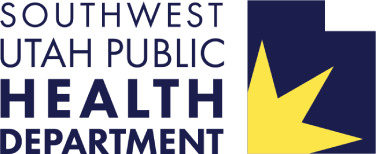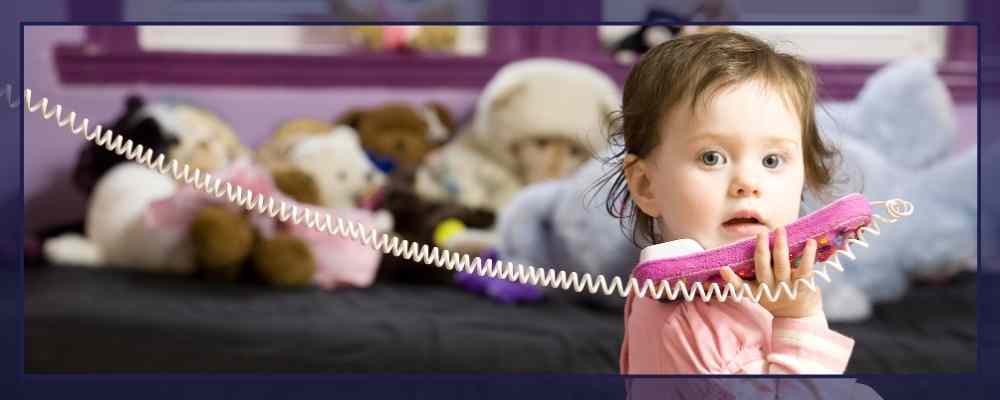There is a lot of work that goes on behind the scenes in our communities to help protect our health. For example, water operators work to provide safe, clean water through our taps for drinking and washing. Wastewater operators handle the “re-cleaning” of that water before it goes back into the environment. Homes and businesses not connected to a sewer system are able to safely treat wastewater using septic systems on their property.
Protection of our water, food, and air are key principles of environmental health, which is one component of public health. The Southwest Utah Public Health Department safeguards our community by inspecting and permitting septic systems, public pools, tanning facilities, schools, food establishments, and body art studios.
Besides our established programs, we often get calls and inquiries about environmental issues that are outside our authority or responsibility. The following are some of the most common examples of these questions and possible agencies that might be able to help.
Housing & private property consultations and complaints
While renters and landlords should ideally work together to resolve problems, a renter sometimes feels the landlord is not correcting problems that may affect health and safety.
Health departments are typically unable to become involved in private property issues, but both the renter and landlord have rights and responsibilities that can be found in the Utah Fit Premises Act. Some cities and counties also have ordinances in regards to housing and may have code enforcement officers that can look into complaints.
What about household mold growth and concerns that it might affect the health of the occupants? The Centers for Disease Control and Prevention (CDC) website is a good source for finding out how to prevent and clean mold in your home (cdc.gov/ mold).
We are sometimes asked about possible methamphetamine contamination inside a dwelling where production or use is suspected. For testing and cleanup, contact a Certified Decontamination Specialist Contractor. A list of contractors is available through the Utah Department of Environmental Quality (deq.utah.gov, search ‘CERCLA’).
Complaints about solid or animal waste nuisances on neighboring properties should be directed to city or county waste and code enforcement officers.
Environment consultations & complaints
Concerns about drinking water can often be addressed by contacting the Public Water System that provides your water. If a complaint is not being resolved at that level, the Drinking Water Division of the Utah Department of Environmental Quality (DEQ) can be contacted (deq.utah.gov/division-drinking-water).
Harmful Algal Blooms (HABs) have been discovered in some lakes and rivers that we enjoy using for recreation. The DEQ’s Water Quality Division receives calls and monitors some of the bodies of water in our area for HABs. Recreational water conditions can be checked at deq.utah.gov/water-quality/recreational.
For immediate threats to life or property, call 911. For environmental concerns like hazardous waste spills or smoking vehicles, report incidents at deq.utah.gov (click ‘Report an Incident’).
This article originally appeared in the Spring 2025 issue of HEALTH Magazine.






